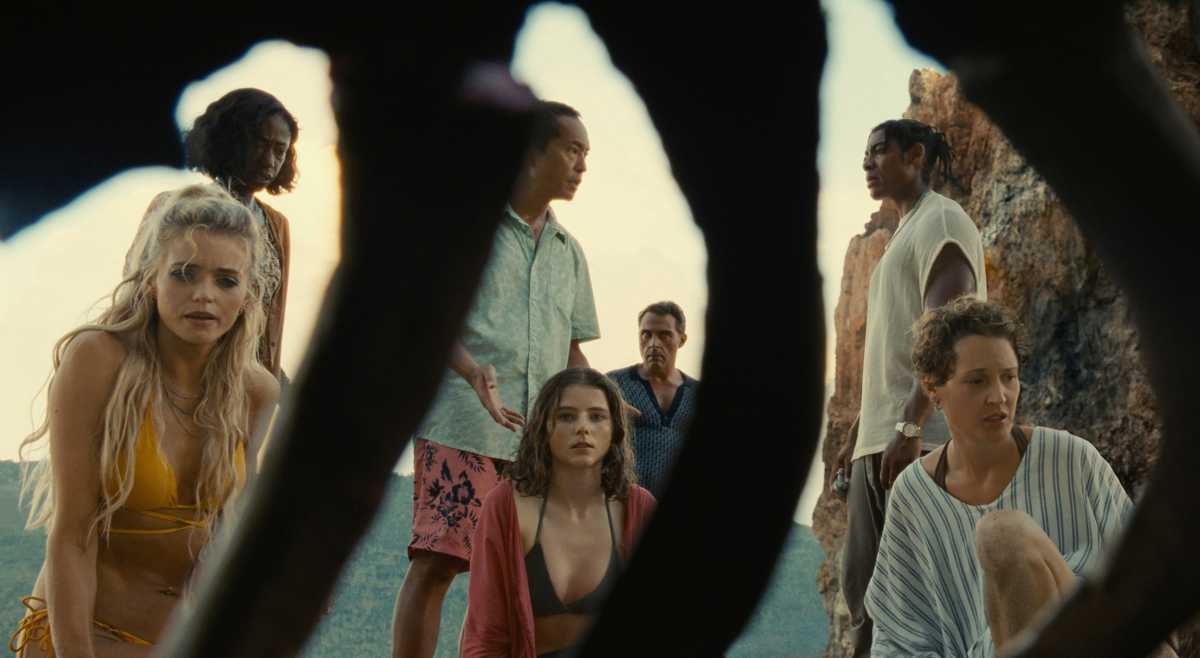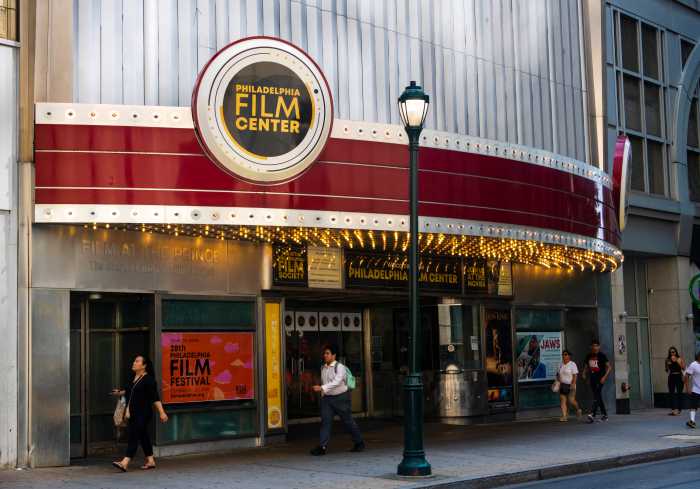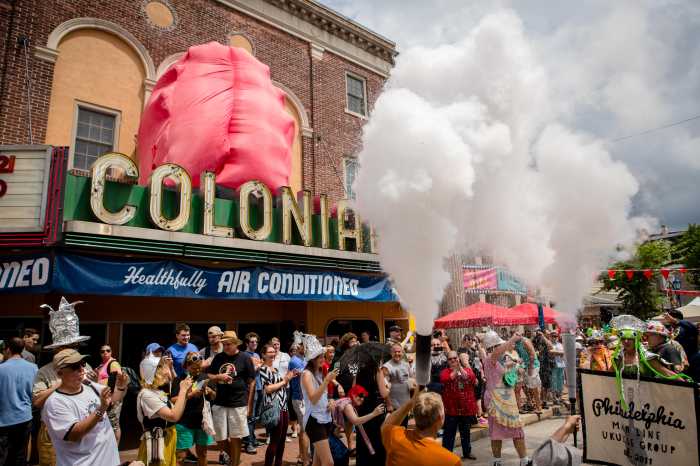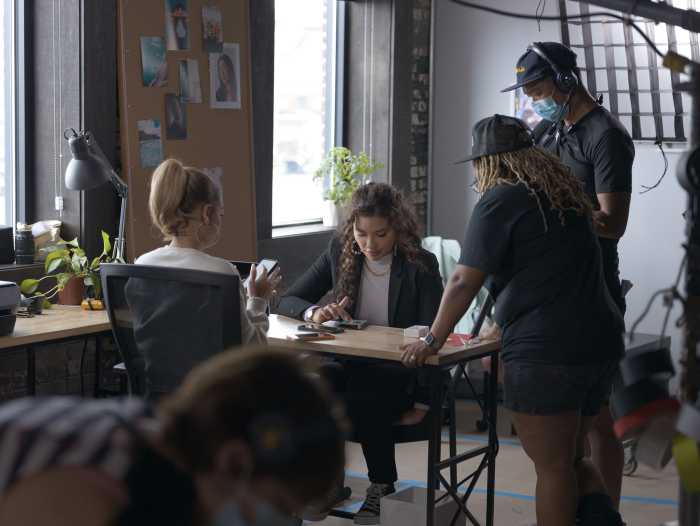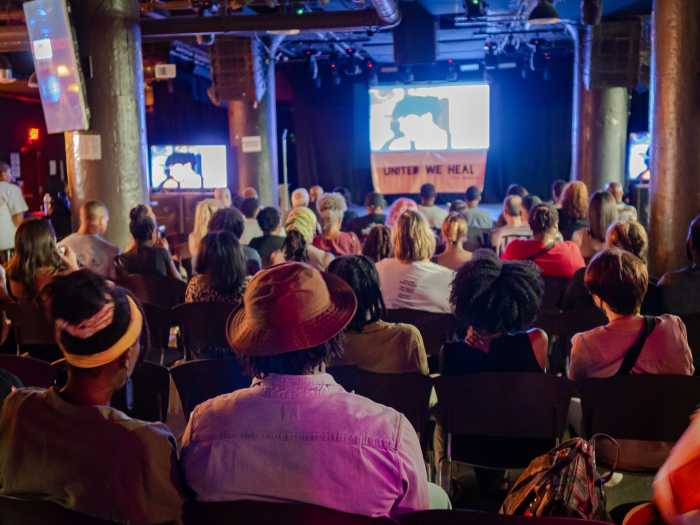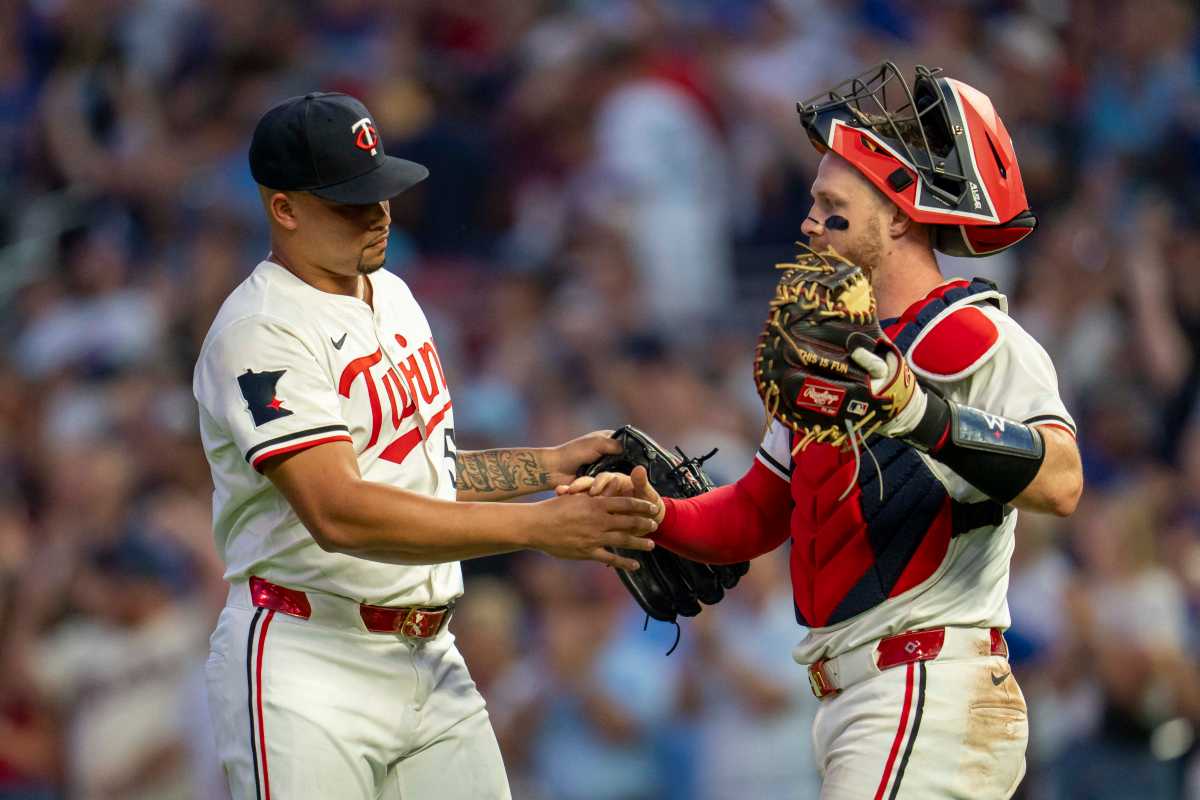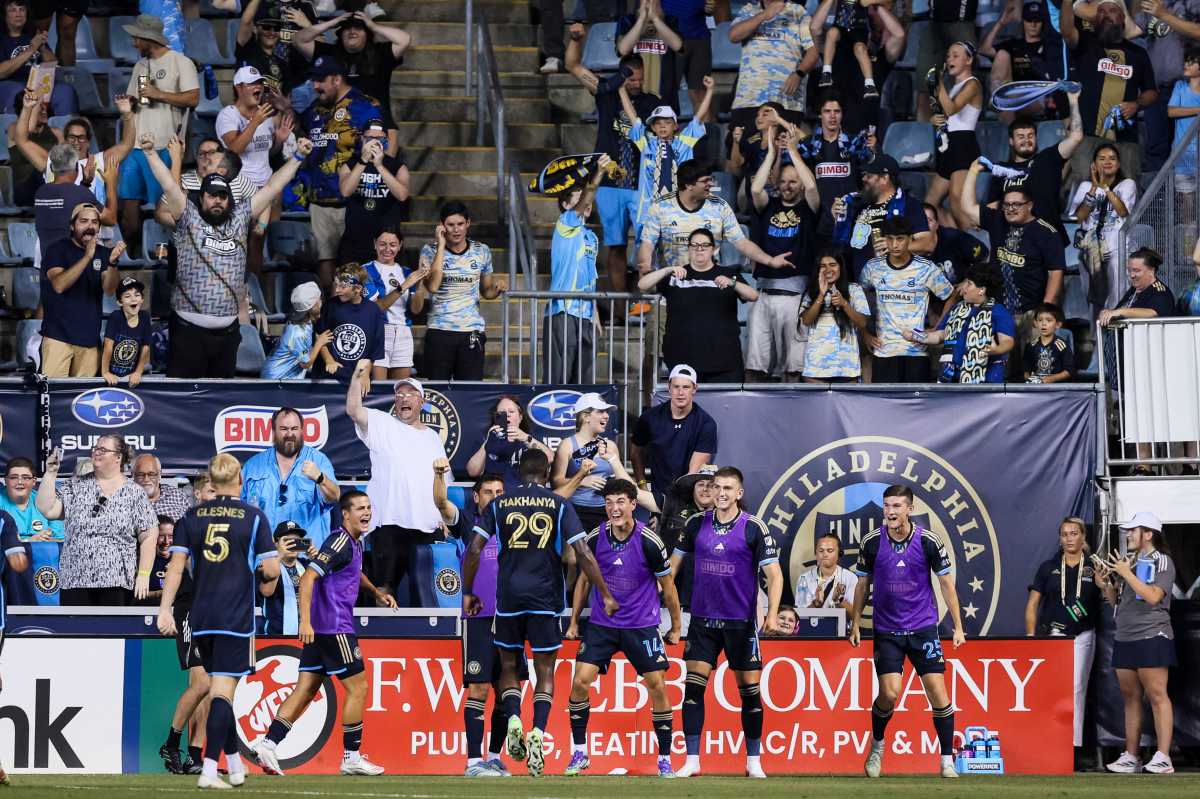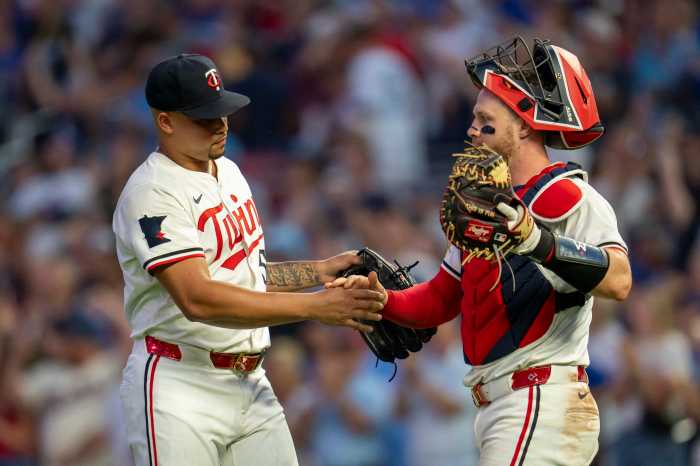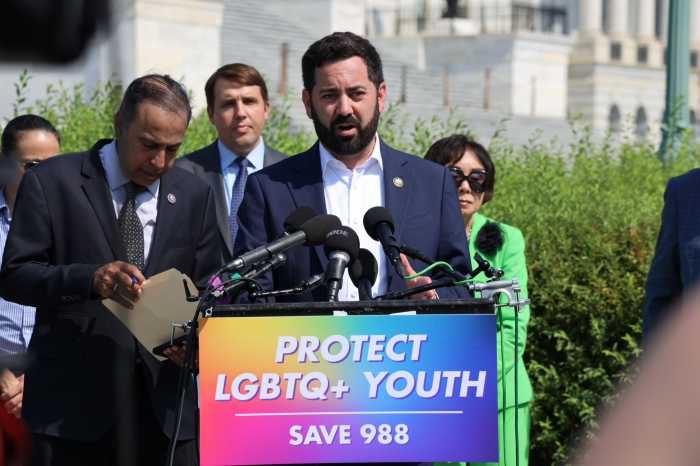By María Estévez, MWN
Passage of time and aging are causing distress among people since the beginning of time. Existentialist M. Night Shyamalan knows about it and talks about these issues in his movies, the latest one being ‘Old.’ It is a story contained in one location, an idyllic beach that turns sinister and terrifying. The movie, however, is not particularly frightening, but it poses the question of what would you do when you run out of time and you know it.
Metro talked with the director to learn more.
How did you work on the script?
The key to the script is trying to find the rhythm of the fumbling effects of these events while there are happening to the characters and do your best to unfold the mysteries. Also, keep together the tumbling things happening in my head that want to be relentless in a sense that you can’t even internalize and keep that weird unfiltered tone through the whole piece until the end. It should feel like an endless twilight zone.
We all share the fear of aging, the fear of seeing our kids grow. Is ‘Old’ the movie that we all can relate to the most?
Yes, it is funny that you said that because when I first thought of doing the movie I wondered why there is a fear of an existential thing and not of a raptor that is chasing you. It turns out that audiences everywhere relate to this notion of fear. Our relationship with time is connected to our fear of dying.
One of the characters asks questions all the time. Is it you questioning your artistic creature?
In all my movies there is a child with many questions, who represents me in some sort of capacity. I try to be interested in everybody: from friends to neighbors to family. I want to know who they are. To some extent that is what the movie was for me, a group that was faced with this dilemma of things moving so fast and how some of them are trying to beat time.
Do you think the fear of running out of time has accelerated during the pandemic.
I think the pandemic has forced us to slow down and made us aware of how fast we are going. It forced us to be present for a second. What feels so uncomfortable is to let go of our toxic ways of not being present and the shocking questions, ‘Is this the way I want to live my life? Are these the people that I want in my life?’
To some extent the characters in the movie realize that no matter the speed the time is going, if you are with your loved ones, you are going to be ‘ok.’ We all felt that a little bit. Those of us who couldn’t be with our loved ones during the pandemic realize how important that was and those who were with the loved ones knew they had all that they needed.
Tell more about the shooting location.
It was exciting to shoot there because I love contained movies. We are up against Marvel and Disney, franchises and the 9th movie of this and that. I want to do small original movies and contain the integrity of the frame. Being a utopia, every frame is beautiful because the rock wall and the ocean and the ticking clock that is happening adds depth as the combination of horror and beauty was very important for me. We searched for a long time trying to find the right cove that felt right for us.
Your cast is very international. Was representation important to you?
That is a big deal for me because they were not playing a Mexican, or a German or an Australian, there were a dad, a mom, a kid and the highest form of acceptance is to understand that this character can be you and not your Mexican neighbor. I think the world was ready to eat different accents and have people look different.
I was saying to Gael [Gael García Bernal, Mexican actor who plays Guy Cappa] that my great pride is seeing a Mexican lead in a summer blockbuster, while that is not what the story is about. I am an immigrant who came here [to the U.S.], my dad and my mom came here. And it is a big deal for them to see me telling all these stories and see that my movies are vernacular for so many people, and it is a big deal for my father that I do it and that my daughter does it as well.



